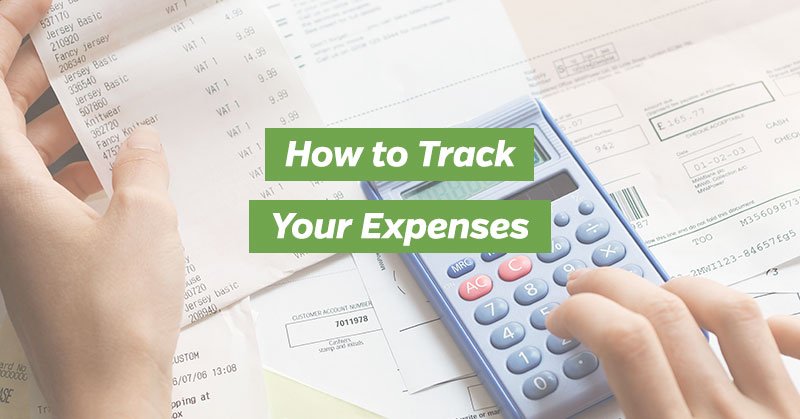As you enter adulthood, all too often it is without any guidance on personal finance. Young adults are expected to navigate your own way with your salaries and expenses, and magically be able to streamline their finances enough that by the time you hit your thirties, you are “financially stable”. The pressure of societal expectations coupled with no personal guidance but no end of financial advice available on the internet lead many young adults to make countless (often irreversible) financial mistakes in their twenties that make your thirties really hard. By setting solid milestones to achieve before you turn 30, you can ensure that you enter your thirties free of financial woes or constraints.
Money milestones you can set for yourself before you hit your thirties.
Become financially independent from your parents
This is the very first thing you should strive for and can be a legitimate life goal. From your first salary or paycheck onwards, you should try and cover most of your expenses by yourself, especially your phone/internet bills, clothes, electronic items, traveling expenses etc. If you live with your parents, as you progress in your career, try to contribute towards total household bills like food, electricity and water. Nothing says “I made it!” than taking over from your parents and looking after them.
No credit card debt
Having a credit card itself is not a bad thing; in fact it could help boost your credit score and even save money if you couple your essential purchases with credit card offers, take advantage of zero-interest instalment plans and settle your entire monthly bill as they come without any delays. Credit card debt is a very slippery slope and if you find yourself tempted to pay off just the minimum payment on just one month’s bill, it’s high time to take a look at how you use your credit card. While avoiding a credit card isn’t a milestone, staying out of credit card debt should definitely be one of your life goals. Entering your thirties with a heavy load of debt on your shoulders is a firm no-no! (Read here : How to Get Rid of Credit Card Debt Completely)
Track your expenses

Managing your money starts with knowing how much you have and where it goes. Tracking your income and expenditure is a vital practice to inculcate within yourself. At the end of each day or every few days, take a few minutes to add up all your bills and you can analyse them at the end of the month to find out the biggest drainers on your wallet. The simple act of tracking your expenses can help you curb bad habits and reduce expenses by opening your eyes to money wasted.
Build a savings habit
By the time you hit 30, building a savings habit should be a milestone you have achieved. By regularly setting aside a portion of your salary, you will instil within yourself the practice and importance of savings, as it would have most likely helped you out of a tight spot. Even if you never have to use your savings, the thought of it should you ever need it will free you up to making decisions rather than allowing money to control your life. The importance of savings was never more apparent than during Covid-19 when people around the world faced unprecedented losses in income and other financial issues.
Have an emergency fund
.jpg)
The next step of growing your savings should be building an emergency fund. This will allow you the freedom of withdrawing cash whenever you need it, without having to worry about starting your savings from scratch. While your emergency fund does not need to be as big as your savings pile, it should be large enough to cover any unexpected expense without you needing to dip into your savings which are intended to last you your entire life.
Get multiple income streams
Depending solely on one income and a salary from your dayjob is quite risky given the volatility of the current economic situation. By the time you are 30, you should be getting an income at least 2 different sources. It could be a side job (part-time or freelance), returns on investment or some form of passive income (rented vehicle or property). This ensures that in the dreaded event of losing your job, you have income to tide you over until you find another source of income. Having supplementary income also gives you the freedom of leaving an unpleasant job when you need to without worrying about making ends meet. (Read here :Side Hustles You Can do to Make Extra Money)
While the above is more of a general list of life goals you can set for yourself, it’s important to keep in mind that no two people are the same and that everyone undergoes many trials and tribulations in their lives. If you are unable to achieve the above in your twenties, worry not! Even those who earn large incomes and have no major commitments struggle to manage their money. There is no finish line to money management. It is an ongoing process that can take several shapes and forms at various stages of your life. Centering money around your life goals limits the level of freedom you have. Remember - earning money in itself is not a life goal. It’s what that money allows you to achieve and what you make of the money that you do have (be it a little or a lot) that adds meaning to your life.







